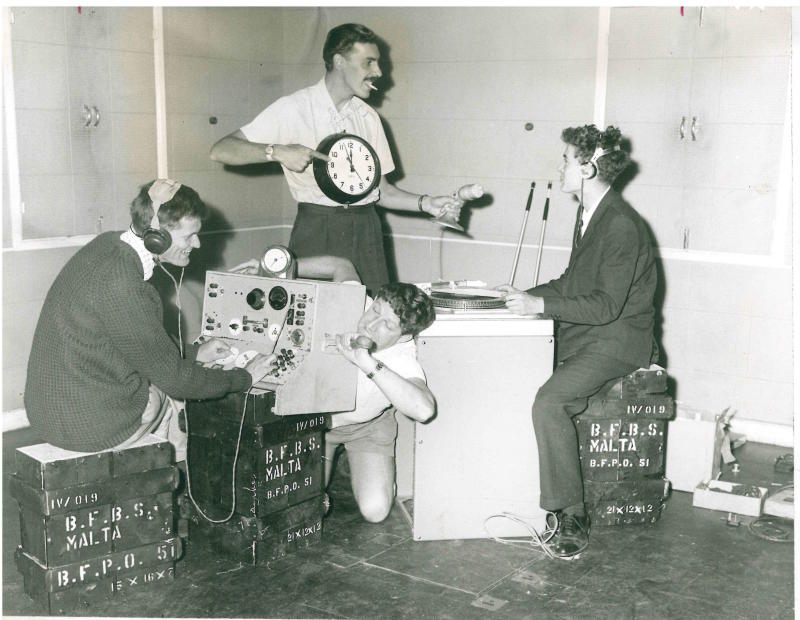×
The Standard e-Paper
Home To Bold Columnists

Kenya is watching. The cast is being reassembled and the legends will once again rule the airwaves.
There was a time when radio was so powerful that rural folk thought there were some midgets inserted in the sets by the government to speak when commanded. A story is told of a chief, who, on learning that all Mau Mau apologists and their leaders had been rounded and locked up in colonial detention camps, was ecstatic.